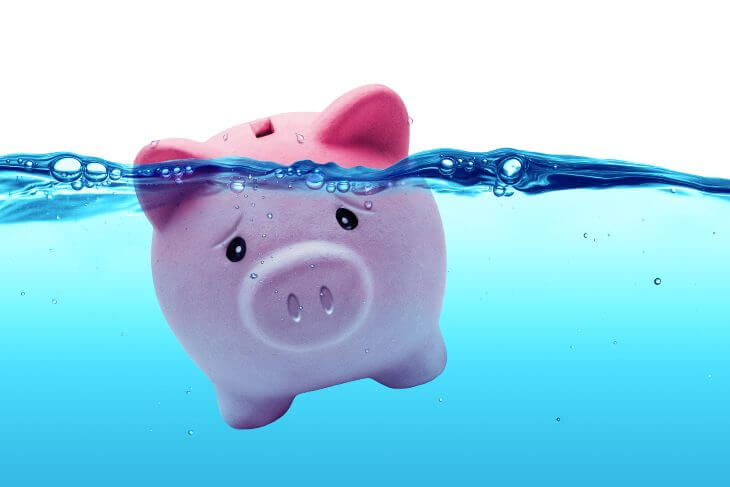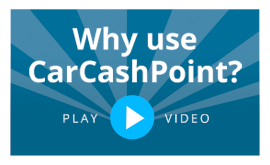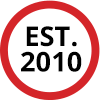 Being in debt means different things to different people depending on the type or the level of debt they've built up. Having some kind of debt will actually help you build your credit rating and support your lifestyle with a phone or mortgage. But allowing it to take over your life and become unmanageable is where things can take a turn for the worse.
Being in debt means different things to different people depending on the type or the level of debt they've built up. Having some kind of debt will actually help you build your credit rating and support your lifestyle with a phone or mortgage. But allowing it to take over your life and become unmanageable is where things can take a turn for the worse.
The trouble with debt is that it's often a necessary evil. Nobody starts out with any debt, but it all comes from the same place - spending money you don't actually have.
So how can you get out of debt, especially if you're on a lower income?
Take control of your finances
The reasons you might get into heavy debt are wide-ranging. Anything from a big change in circumstances, such as losing your job, to simply spending too much on insignificant items. Whatever reasons got you into debt in the first place don't matter, but you now need to concentrate all your efforts in getting out of it.
Some debt is almost inevitable and can be a positive thing, e.g helping to build your credit rating or keep a roof over your head with a mortgage. But anything else is costing you even more money you don't have. So now's the time to look at every aspect of your finances and figure out what you can do to reduce your spend and get out of debt.
Reducing your spend
Managing your cash flow and your outgoings are essential to helping you out of debt. By recording all of your outgoings, you'll get a clear picture of not only what you've spent, but where you can cut back and make significant savings. There are plenty of apps or free software to help, but a good old fashioned pen and paper will work just as well.
Some of your biggest daily savings can be made with just a few adjustments to your lifestyle. Once you get in the habit of saving, you'll find the money saved starts to mount up, but where do you start?
You could begin by cutting out costly coffees and lunches each day if you're out or at work. Eating at home or taking lunch to work with you could save you up to £25 a week.
Why not try a cash-only method of spending where everything you buy is with cash instead of a credit or debit card? It's more likely you'll spend more if you use a card, so just carrying a limited amount of cash could stop any unnecessary spending.
When shopping, check out any offers in the supermarkets. And if you're in the habit of buying big name brands for a lot of your household goods, try opting for the non-branded options instead - there's often very little difference in taste or performance.
All the small pockets of cash you can save soon mount up to become extra cash you could be spending on reducing your debts. Whether that comes in making an extra payment here and there or paying more on each of your payments over time.
Reducing your debts
Now we've looked at a few ways to reduce your daily spending, you should focus on ways to reduce your debt overall, so let's start with credit cards - possibly the one thing that increases anyone's personal debt. The aim here is to repay the credit card debt as soon as possible, and there are two ways to do this that will make an impact immediately.
1). Use a 0% interest balance transfer card
Assuming your credit is good (if you've got a high limit card already then it must be pretty good) and you're paying interest on your current card, transferring to a 0% interest card, even if it's for a finite period, is a great way to cut both the interest and charges you're incurring now.
By transferring the balance to a 0% interest credit card, every penny you pay will come off your bill, rather just a portion of it and that means you pay the card debt quicker. Just make a note of when the 0% balance transfer offer comes to an end so you can repeat the process with a new card.
2). Pay more than the minimum payment
This works on your standard card (that includes interest and charges) but is turbo-charged if you combine it with a new 0% interest credit card. Your monthly payment is currently split three ways: a portion going to pay off the actual debt, a portion to pay the interest, and a portion to pay any charges.
Paying the minimum amount can seem like a good way to cut down on your monthly spend, but in the long run, you'll end up paying more in interest and charges without making much headway. You can use some of the money you've saved throughout the month to pay as much as you can afford. Every extra or increased payment helps pay the debt quicker.
Consolidate the Car Cash Point way
Another way to reduce your debt could be to get a loan. This might sound like the complete opposite, but the right loan could be used as a consolidation loan. That way you're paying a single amount each month, rather than many payments to different people with different rates of interest - and Car Cash Point could help you.
A logbook loan from Car Cash Point means your loan is secured against your car, as long as you're the legal owner, the car's free from finance, and have your V5 document (or 'logbook') to prove ownership.
With no hidden fees or charges, we also offer you a fair rate of interest - almost half that of other logbook loan lenders. You can even choose repayments that suit your own income and financial circumstances - weekly, fortnightly, four-weekly or monthly. And we're the only UK logbook loan provider who don't need any formal credit checks. Plus, you'll get your loan money on the same day - usually in under an hour!
If a fast, safe, and secure loan can help you consolidate any debt into one manageable payment, call our Car Cash Point experts today on 0333 414 9403 to find out more or apply online.



